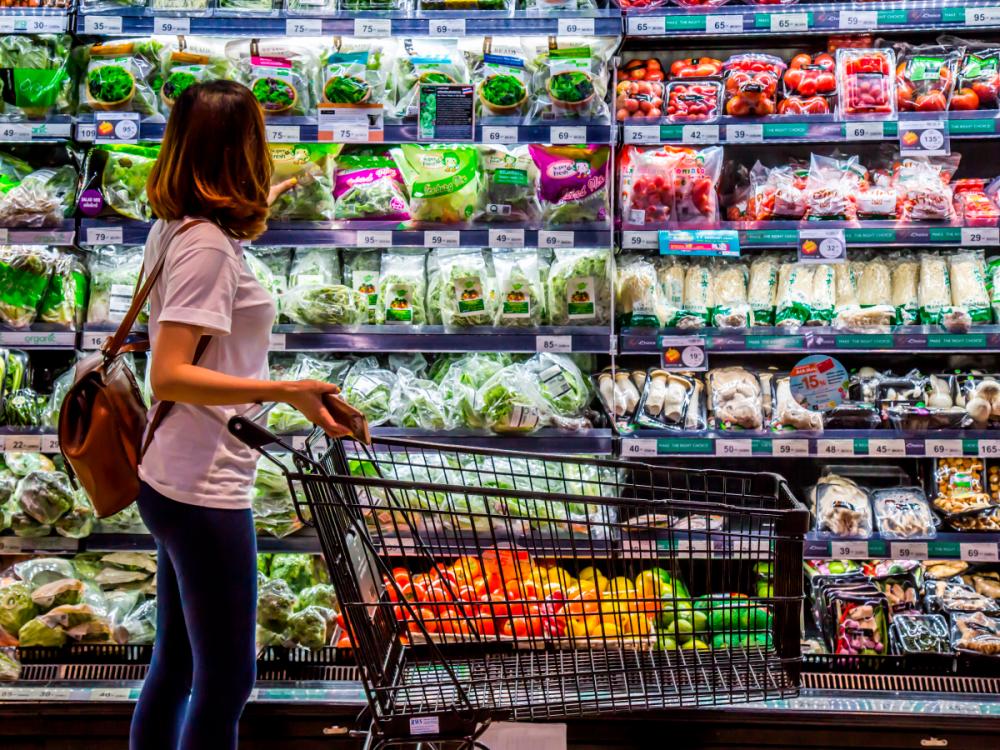PETALING JAYA: Malaysia is relying too heavily on food imports, to the tune of RM54 billion yearly. Although the country is stable in terms of food security, there are growing calls for a push for self-sufficiency.
“We should have strong food production capacity at home so that we don’t have to be vulnerable to problems in the future,” International Strategy Institute executive director Fazil Irwan Som told theSun yesterday.
“We have vast arable lands and we should be utilising those lands for food production. Instead, we have been focusing too much on cash crops, as well as the industrial and manufacturing sectors.”
Consumers International Board chairman Datuk Dr Marimuthu Nadason said food security is a growing global concern.
“After speaking with more than 250 member associations around the world, I understand there is going to be a shortage globally,” he said
“Consumption patterns have also changed, with the newer generations eating foodstuff such as cereals and also more fast food.”
“Don’t have too much bureaucracy for people to import. As long as the item is safe for consumption and carry affordable prices, they should be allowed to do it,” added Marimuthu, who is also president of the Federation of Malaysian Consumers Associations.
Economist Prof Dr Barjoyai Bardai said the technology to produce food has not been fully capitalised, although subsidies had been handed out. “We have not done enough. For instance, every year we produce 70% of the rice eaten locally,” he said.
“Our capacity is huge, but we aren’t using the right technology.
“Indonesia is able to export because it has optimised its space and technology by using the ‘System of Rice Intensification’ method developed by Cornell University. They would plant one seed per sq ft and their yield is 15 tonnes per ha. Ours is less than five tonnes.”
Barjoyai urged the government to focus on Kedah, Terengganu and Kelantan to ensure the future food supply chain is not disrupted.
“An early warning mechanism can be developed so that import permits can be opened up two to three months before a possible food shortage,” he said.
The government was also urged to focus on agriculture, cattle and fish farming by Asli’s Centre for Public Policy chairman Tan Sri Ramon Navaratnam.
“This will raise rural incomes and narrow the income disparity,” he said.
“The agriculture sector should also be modernised to ensure higher productivity.”
Read this story on our iPaper:














